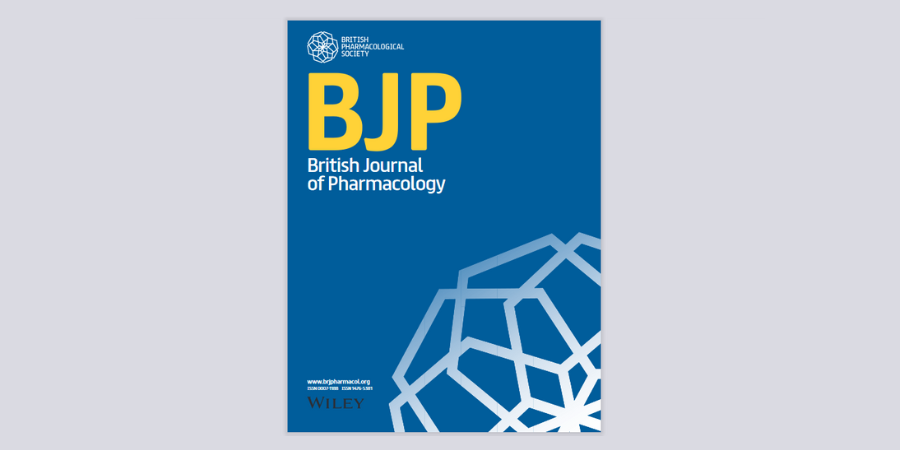
The British Journal of Pharmacology (BJP) has today (6 March 2023) published the results of its audit into reporting sex as an experimental variable. This follows the introduction of formal guidance in 2019, which the British Pharmacological Society welcomed. In the journal's report, the senior editorial team share that “progress in persuading researchers to study both sexes has been disappointing.”
In our vision for inclusive pharmacology, the British Pharmacological Society commits to placing equity, diversity and inclusion at the heart of pharmacology. Importantly, this means that everyone should have the opportunity to benefit from pharmacology research. We know that the scientific and clinical picture is currently biased towards males. Ignoring potential sex differences in research can lead to problems with translation or reproducibility. A bias towards studying male physiology and the male drug response may also be harmful if this leads to inappropriate treatment recommendations for female bodies. It is important that sex is built into research as a study design variable in order to address this. The BJP editors highlight that “it is essential to correct the misconception that using both sexes inevitably increases the total number of animals needed for the experiments” to help remove barriers for researchers when it comes to changing their approach.
Professor Clive Page, the Society’s President, said:

I am proud of the work that BJP has done to raise awareness of sex as an experimental variable. Whilst I had hoped the recent impact audit would show a positive impact following introduction of the guidance, it is unrealistic to think that this alone can change behaviour in a complex research system.
The 2019 guidance is comprehensive and an important lever, but this audit must keep our minds focused on the wider problem – namely researcher awareness and training.
The Society has already launched experimental design e-learning, and later this year we will add a further resource that explores sex as an experimental variable. Together with our colleagues at BJP, the Society will continue to develop the tools and spaces at our scientific meetings that we hope can support researchers and drive progress.
Professor Ahluwalia, senior author of the article, immediate-past Editor-in-Chief of BJP and Secretary General of WCP2023, said:

We will be continuing our work on sex as an important consideration in experimental design at the World Congress of Basic and Clinical Pharmacology (WCP2023) in July at Glasgow, which the BPS is hosting. We will be discussing the importance of assessing sex differences in physiology and disease pathways in the cardiovascular system in a symposium and also with colleagues from AstraZeneca and GSK through a participatory workshop exploring the benefits of a new tool created to support researchers in understanding best experimental design incorporating sex as an experimental variable.”
Professor Péter Ferdinandy, Editor-in-Chief of the BJP said:

Sex differences can influence physiology, cell signalling, and therefore the response to medicines in different pathologies. It is important that pre-clinical research takes this variable into account to support effective translation of new medicines for both sexes.
The intention of the original guidance was to raise awareness of sex as an important experimental variable – but I recognise that it takes time to change researcher understanding and practice. As the new Editor-in-Chief of the British Journal of Pharmacology, I am committed to making sure the journal plays its part in making progress and I will use the results of this audit to inform how we achieve this in partnership with the pharmacology community.
Both the full audit results and the editorial introducing the 2019 guidance are available on the BJP website.
Learn more about sex as an experimental variable at the World Congress of Basic and Clinical Pharmacology, taking place in Glasgow on 2-7 July 2023 - discounted early bird registration is available until 17 March 2023.